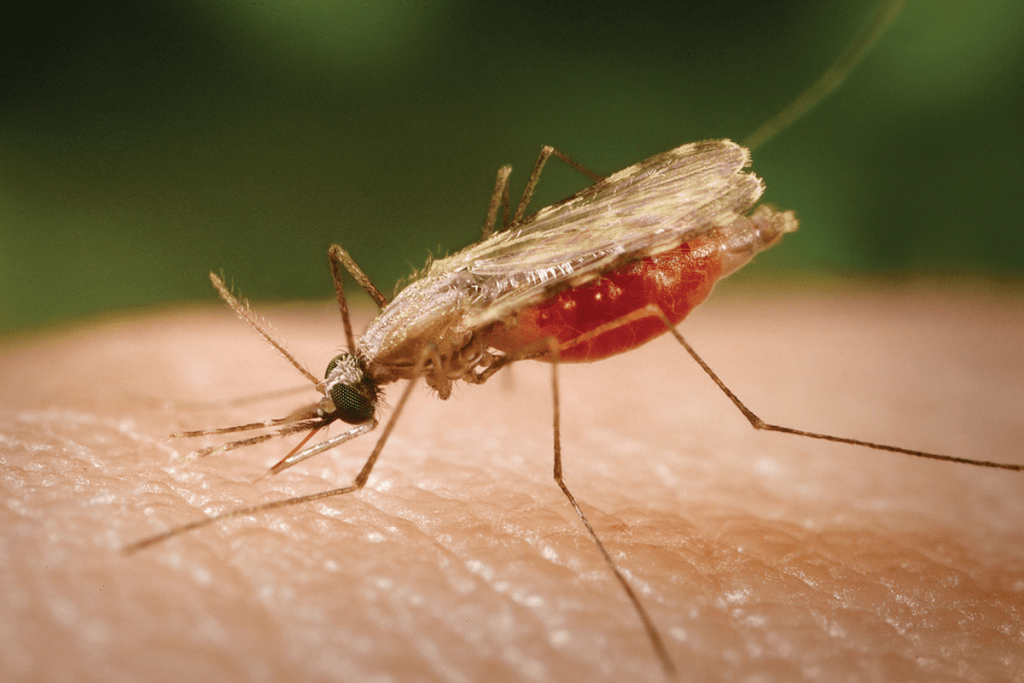Malaria is a common disease in Nigeria and Africa. It is caused by Plasmodium.In 2019, nine out of ten global malaria cases and deaths were recorded in Africa. Nigeria accounted for about one out of every five global malaria deaths in the same year. Children under 5 years old are the most vulnerable group affected by malaria, accounting for two out of three malaria deaths worldwide in 2019. As we rally towards a world without malaria, we highlight some of ACEGID’s work on malaria, broadly grouped into diagnostics and resistance testing.
Diagnostics – Effective and prompt diagnosis is vital for successful fight against malaria. Most of our studies have malaria diagnosis as a component. Our project with the Human, Heredity and Health in Africa (H3Africa) involves identifying fevers of unknown origins. Study participants who present with fever are screened for the common causes of fever in the environment including malaria. Malaria is also screened for in the study of fever of unknown origins in various ACEGID study sites. Participants diagnosed with acute uncomplicated or complicated malaria are linked to treatment. In this way, ACEGID increases access to diagnosis and treatment of malaria.
Resistance testing – One major obstacle to malaria treatment is the resistance of the malaria parasite (falciparum) to conventional antimalarial drugs. We implement Drug Therapeutic Efficacy Testing project, under which we perform molecular surveillance of antimalarial efficacy tests across Nigeria. Prior to the founding of ACEGID, the Director, Prof. Christian Happi had engaged in malaria research for decades, elucidating factors responsible for antimalarial resistance in falciparum malaria. ACEGID has continued to uncover molecular basis for antimalarial resistance in the parasite.
We prioritize impactful research. Outputs from our work are made available to public health authorities, particularly the Federal Ministry of Health and the National Malaria Eradication Programme. These evidences can be used for policy formation on drugs (e.g. change of drug regimens) and can serve as input for vaccine development. Over the years, the Centre’s community engagement activities have also involved distribution of insecticide-treated mosquito nets and sensitization about the disease, providing residents with hard and soft tools for combating malaria.
